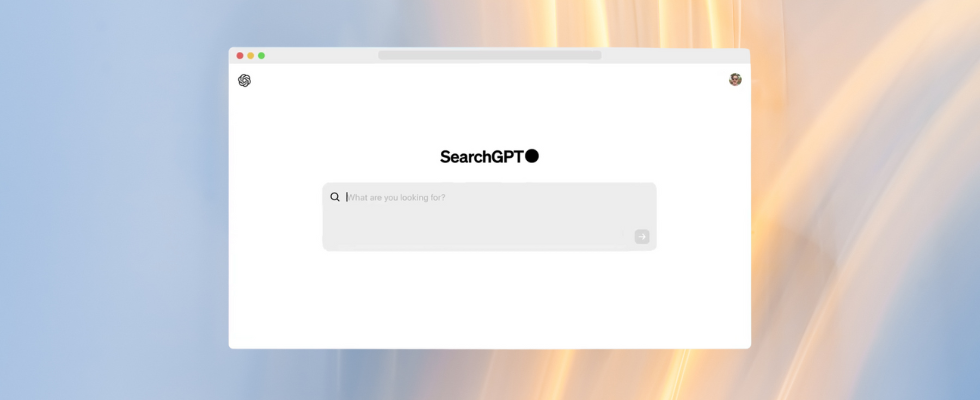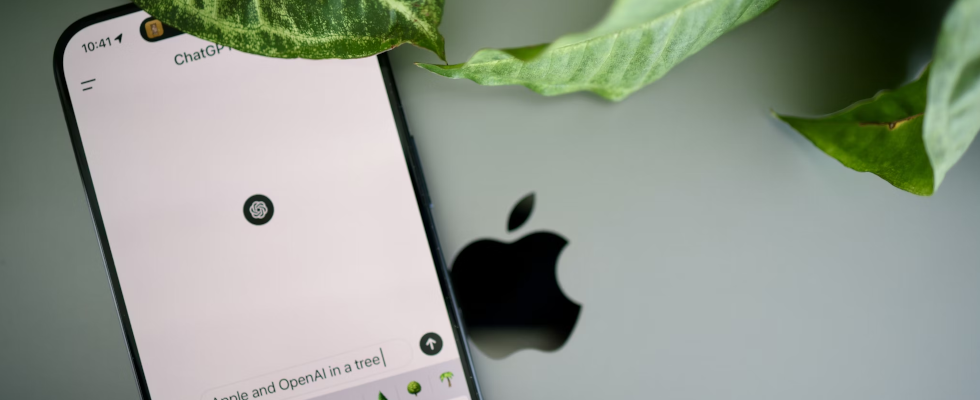On the own website explained OpenAI:
ChatGPT can now search the web in a much better way than before. You can get fast, timely answers with links to relevant web sources, which you would have previously needed to go to a search engine for. This blends the benefits of a natural language interface with the value of up-to-date sports scores, news, stock quotes, and more. ChatGPT will choose to search the web based on what you ask, or you can manually choose to search by clicking the web search icon.
In addition to GPT-4o, the comparatively new model o1 also contributes to the performance of ChatGPT Search. And the collaborations with news and data providers ensure that the information is always up to date. Even new visual designs for weather, stock market or sports results displays are integrated. In addition, links to sources are now integrated directly into chats as a clickable continuation.
However, cooperation also causes criticism. Because OpenAI works with many publishers in order to be able to use licensed content as a source base. In the DACH region, the cooperation with Axel Springer is of particular interest. That’s why users often receive information from sources like BILD, which for some people doesn’t reflect the demands of serious reporting. The source information in ChatGPT Search differs significantly from that in classic search engines because they primarily rely on the license partners. This also includes publishers such as The Atlantic, Vogue, GQ, News Corp, Le Monde, Vox Media, BuzzFeed, TIME, the Financial Times and many more. Information from other publishers that do not prohibit crawling by OpenAI may also appear.
No matter which source is preferred, users can use the custom instructions to exclude certain sources. This is shown, for example, by AI expert Daniel Brand explained on LinkedIn. Nonetheless, the default response options from individual publishers with an OpenAI contract could undermine balanced search.
New Search on the rise:
SearchGPT integrated for the first ChatGPT Free Users

Competition for Google and Co. – Add-on could ensure even more usage
The State of Search 2024 report from Claneo and Appinio shows that more and more people are searching with AI options. Perplexity, which recently introduced many new features, is an option as an AI answering machine. Meta may want to develop its own AI search engine and Google is massively expanding its AI overviews. But ChatGPT in particular is an option for many users. As early as the summer of 2024, it became clear that over 25 percent of the users surveyed searched regularly (i.e. at least once a week) via ChatGPT. There are probably even more users now, after all OpenAI has provided ChatGPT with many new features that optimize the experience. For example, the desktop apps for Windows and macOS the Advanced Voice Modewhich receives Realtime API Cost reductions for prompt caching and new voices for the text-to-speech model and the memory function is now also available in the EU.
With the introduction of ChatGPT Search, OpenAI should be able to keep even more searchers in the ChatGPT cosmos. This step is supported by using a for this search Chrome extension is offered. With this, users can make ChatGPT Search the default search engine in Chrome and then start searching with ChatGPT via the URL bar in the browser.
ChatGPT has taken the digital world by storm. Now it’s the search market’s turn. In 2025, the proportion of those who regularly search with ChatGPT could be significantly higher than before. However, major competition for Google and Co. will probably only be possible when search is free for everyone.
Also in the desktop version:
OpenAI Advanced Voice Mode

Source: onlinemarketing.de

